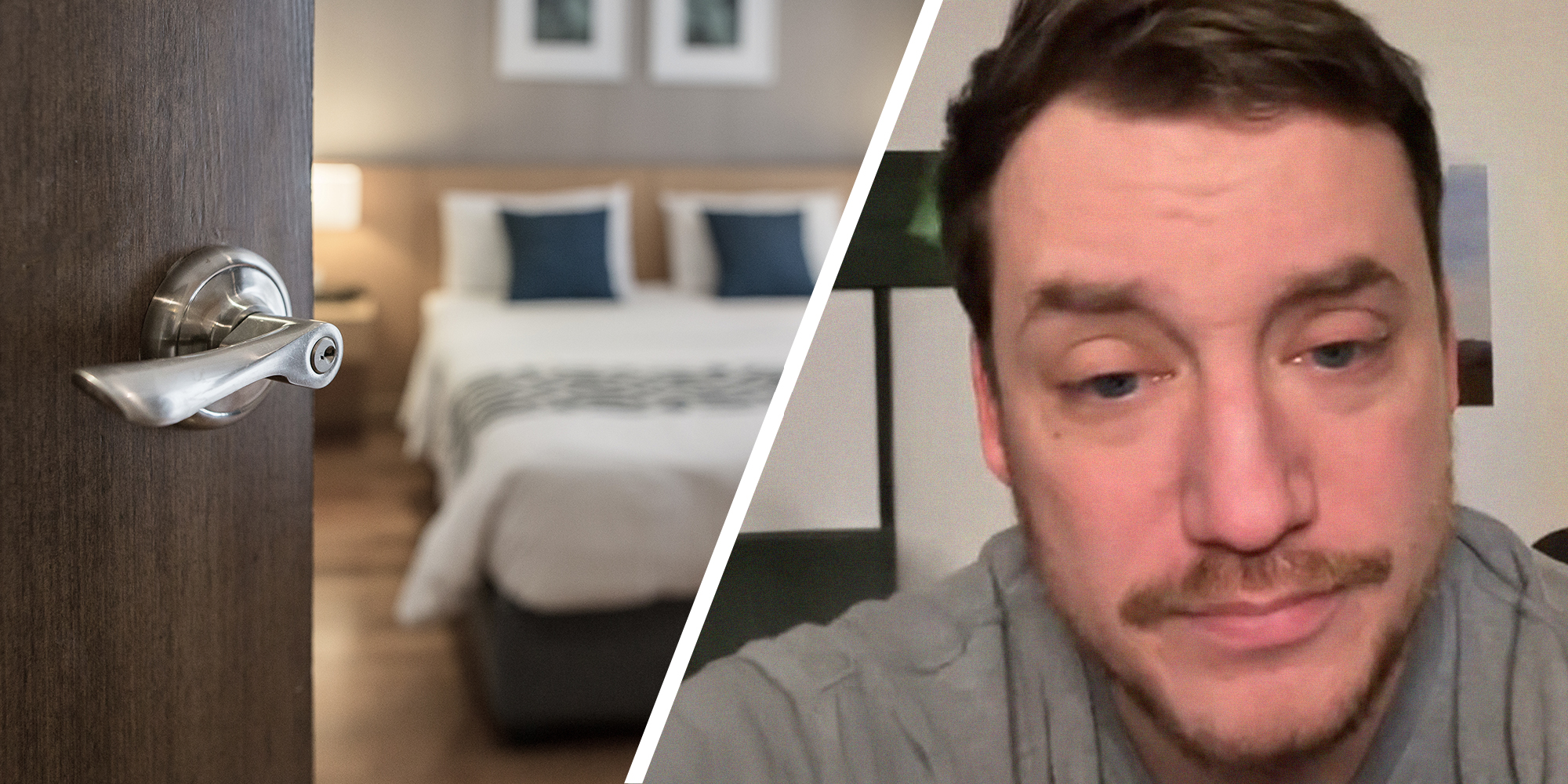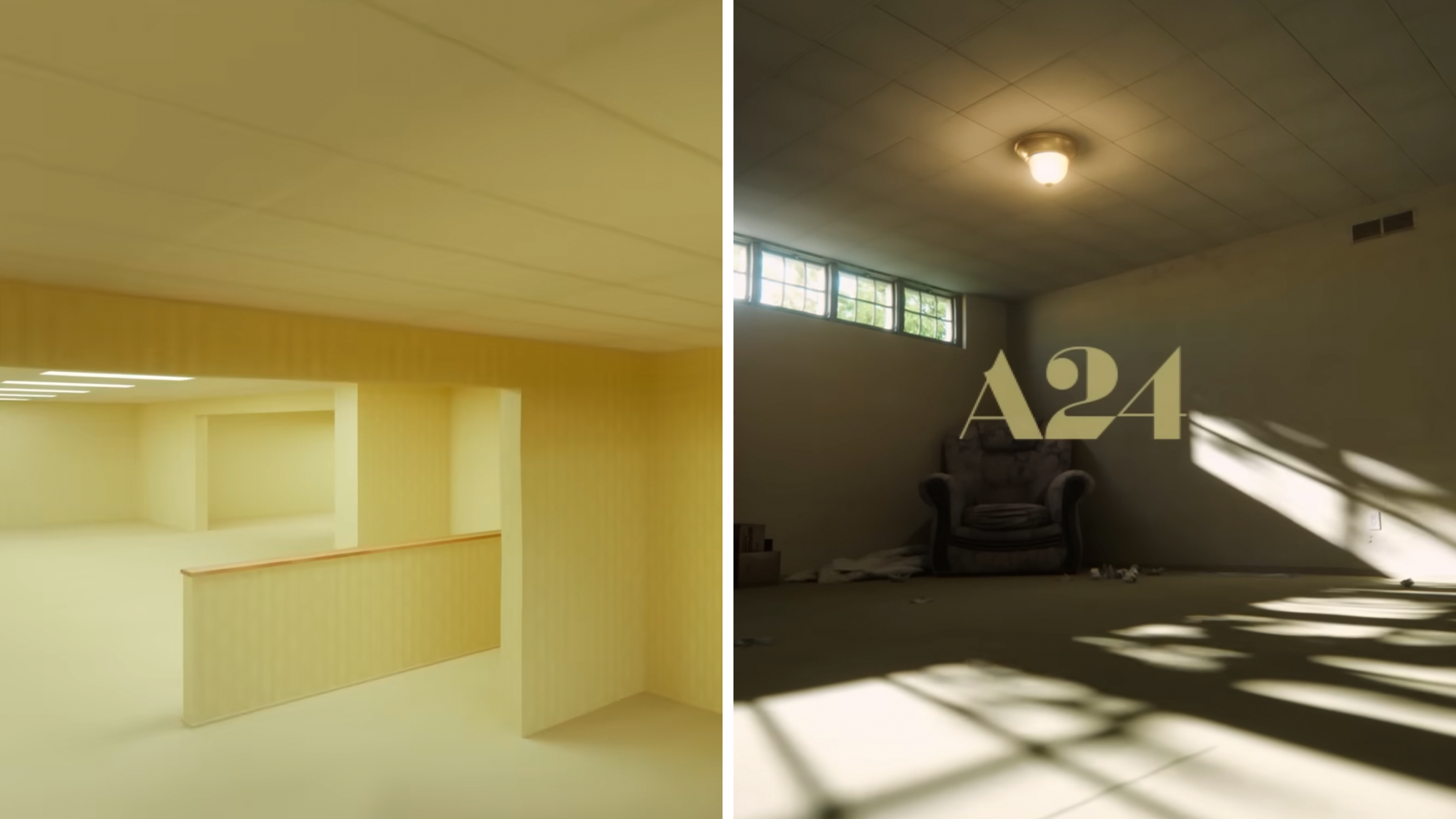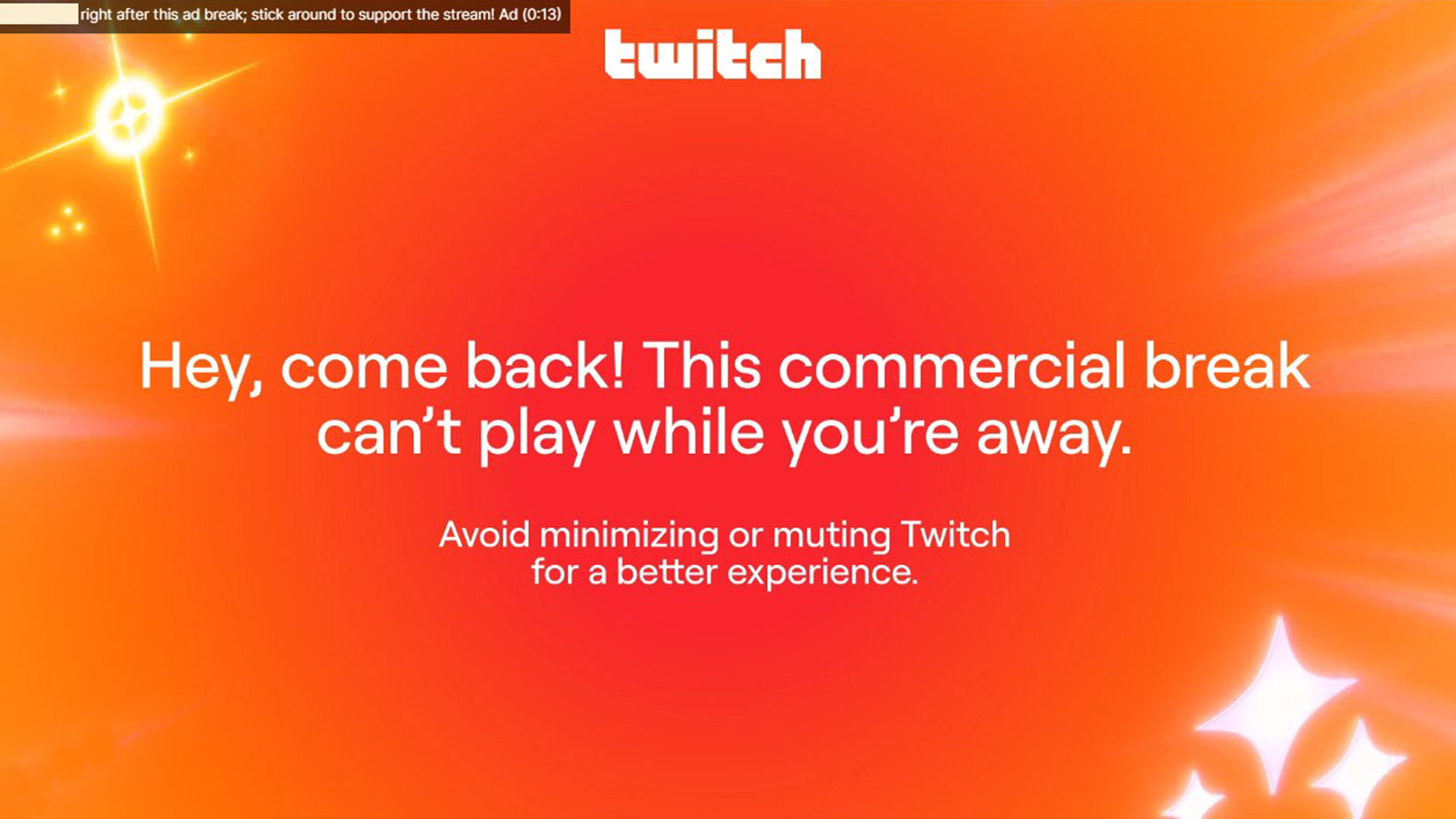When you retreat into your bedroom for the night to go to sleep, do you shut the door? According to a disaster prepper, this is a smart play. Self-proclaimed Disaster Guy (@disastroushistory) recently posted a viral TikTok that's accrued over 659,000 views on the application.
In the video, he responds to a user who asked if folks "should be sleeping with the doors closed?" The master of disaster explains why you'll want to ensure that door is shut good and tight during bedtime.
"The answer to this question is unequivocally yes. You should always, always, always sleep with your door closed." He says that this same rule applies to everyone in your household. Let's say you're a parent who has children who frequently wake up in the middle of the night. Even if they somehow find a way under your covers after having a bad dream. And although they might freak out that the door's shut, do what you have to do to ensure it is. Maybe wait until they're passed out and quietly close it.
"That's not just you, that also includes your children as well. Everyone in your home needs to be sleeping with their bedroom door closed," he says.
This could be the difference between life and death, he says.
You don't want this smoke
"The reason you need to sleep with your door closed. [It's] because even a simple hollow cord door will prevent smoke, heat, and flames from entering your room," he says.
Disaster Guy says that even the flimsiest of doors will buy you extra time from accidentally inhaling smoke.
According to the California State Firefighters Association, as little as 5 minutes of smoke inhalation can cause permanent brain damage; 15 minutes of it will result in your death. The TikToker states even unfilled doors can buy you 20-30 minutes of barricade time against these deadly vapors. This is especially important for children, who have a much smaller lung capacity than adults.
"That is a lot of time in the grand scheme of a house fire. That's the time between you being able to wake up and get out. Or you being able to wake up, notify the fire department. And them being able to rescue you from inside the building."
Keep the 9-Volts handy
As gratingly shrill as they can be, Disaster Guy says smoke detectors should be in every bedroom. And it's difficult to argue with his advice. The National Fire Protection Association provided staggering analytics into their efficacy. Per 1,000 home structures, the death rate for homes with smoke detectors was 60% lower.
The Electrical Safety Foundation writes that approximately 1,450 people die each year in house fires. Each of these fatalities occurred "in homes with missing or non-functioning smoke alarms." Furthermore, the U.S. Consumer Product Safety Commission states an average of 2,200 Americans will die each year in house fires. If each of these inflamed homes were outfitted with enough functional smoke detectors, that figure would be more than halved.
"Now the part of the sleep with your door closed advice that always gets overlooked... you not only just need to sleep with your doors closed. But you need to have smoke detectors in every bedroom of your house," Disaster Guy stresses.
Disaster Guy relays why designated bedroom smoke detectors are vital. "That way, if you're sleeping with your door closed, there is a smoke detector in the room. So if a fire starts in your bedroom or one of your children's bedrooms. Or your roommate's bedroom or whatever. Everyone in the house will be notified."
Disaster isolation
Due to the gratingly loud noises smoke detectors emit, folks in the house can have more time to act. If the Temu sound machine you purchased for your baby emits a spark that sets the carpet on fire. Or if that gas station USB-C cable melts your teen's iPad port and it burns through their ChatGPT-generated homework. You and others in the home will be alerted to these sounds and you can act accordingly.
Maybe you can even locate and quell the fire before it gets out of control. After ensuring everyone in the home has a clear egress path to safety, of course. Disaster Guy says that there's another added benefit to keeping room doors in your home shut. In the event you do have to evacuate, it can help to mitigate property damage in specific rooms.
"And then when you're evacuating your home, say a fire starts in your living room. And you're in your bedroom. When you evacuate your bedroom out of the house make sure you close your bedroom door behind you. This will help prevent smoke, heat, and flames, from going into your bedroom."
So staying in the practice of keeping doors closed could potentially keep more of your home and belongings intact. "[This works] for a significantly longer amount of time. Thereby helping to save you from some of your items being destroyed in the fire," he says.
Just close it
Disaster Guy concluded with yet another reminder as to why you should always keep doors shut. "Basically closing doors your home helps compartmentalize fires if one breaks out. And prevents damage to other areas that don't have to be damaged," he says.
If you're interested in fire-proofing your home, there are fixtures designed to stop flames in their tracks. These are known as fire-rated fixtures. When it comes to outside fires from entering your domicile, Steel Garage and entry doors function as effective fire shields. Home accessory provider Feldco writes that "steel is a fire-rated material" noting it's "fire resistant for certain lengths of time."
Furthermore, outfitting your home with double pane, fire rated glass windows can also keep blazes at bay. When it comes to dealing with fires inside of your home, however, there are fire-proofing options available, too. Jeld-Wen builders penned an article detailing how fire-rated bedroom doors work along with some of their features.
These doors are often outfitted with ball-bearing hinges. This mechanism operates more smoothly than traditional hinges. As a result, it can be easier to open and close a door in the event of a fire. Additionally, these fire-proof doors will have their surrounding negative spaces filled with seals. In some cases, intumescent strips are added to the doors' lining. These strips expand whenever they're exposed to heat, keep smoke and harmful pollutants from entering your room. Gas and smoke seals along with neoprene weatherstripping can also be found on these doors.
Ratings system
Moreover, different fire doors come with various safety ratings. The business Chilman Fire & Security denotes that these are graded by number of minutes. These ratings range from FD30-FD120—the lowest providing 30 minutes of fire prevention and the highest: 2 hours.
TikTokers who responded to Disaster Guy's video didn't seem too keen on his advice, however. One jokingly said: "I have to sleep with my door open so I can hear when my oven is done preheating."
Others mentioned their pets. "But how will my kittie cat go in and out the room when she wants if it’s closed?" one said.
Someone echoed the aforementioned sentiment. "My cats will THROW themselves against the door all night if we dare close it," they wrote.
There was one user on the application who said they regularly engaged in this practice. Albeit for different reason. "I keep my door closed to keep the ghosts out but good to know that I’m also practicing good fire safety," they said.
Others, like this commenter, seemed to appreciate the information: "20-30 minutes is actually nuts tho."
@disastroushistory Replying to @beepbooo sleep with your door closed always #disastroushistory #history #disasters #housefire #fires #fire #firesafety
♬ original sound - DisastrousHistory
While someone else shared a potential drawback for keeping doors closed. "CO2 goes up super high with the door closed though. I can’t have the window open at night." And it appears there's research to confirm this assertion. So if you want your doors closed, but don't want C02 buildup, crack open a window. A few inches should do the trick.
The Daily Dot has reached out to Disaster Guy via Instagram DM for further information.
Internet culture is chaotic—but we’ll break it down for you in one daily email. Sign up for the Daily Dot’s web_crawlr newsletter here. You’ll get the best (and worst) of the internet straight into your inbox.






